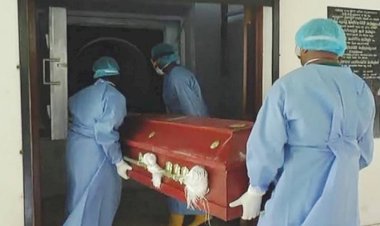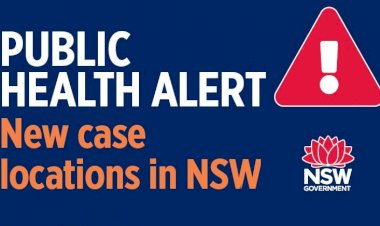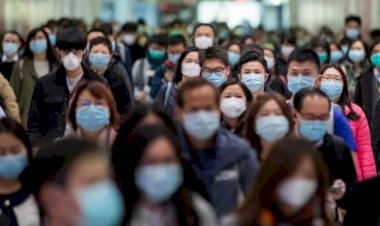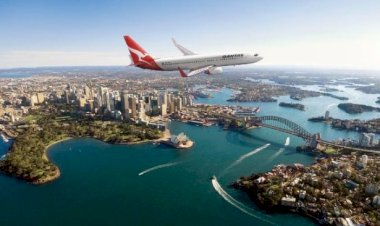WHO acknowledged airborne transmission of Corona Virus
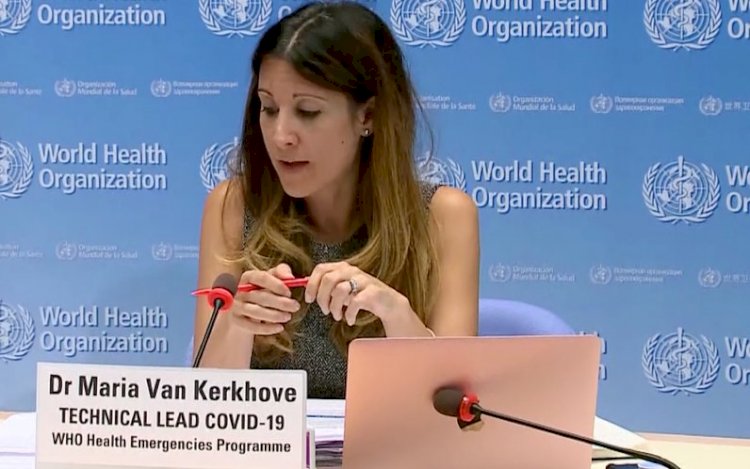
The World Health Organization finally acknowledged possible airborne transmission of the coronavirus, at a virtual press conference in Geneva, Tuesday. The comments came after an open letter by over 200 scientists outlined evidence that showed floating coronavirus particles can infect people who breathe them in.
The WHO has long maintained that COVID-19 is spread via larger respiratory droplets, most often when people cough or sneeze, that quickly sinks to the ground. It has dismissed the possibility of airborne transmission, except for certain high-risk medical procedures, such as when patients are first put on breathing machines
“We acknowledge that there is emerging evidence in this field, as in all other fields regarding the COVID-19 virus,” said Benedetta Allegranzi, before emphasizing the importance of optimal ventilation and avoiding crowded situations.
The new acknowledgement will force a change in the advice the WHO gives about how to stop the pandemic.
Dr Van Kerkhove technical lead on the COVID-19 pandemic at the WHO said that they would publish a scientific brief summarising modes of transmission of the virus in the coming days.
"A comprehensive package of interventions is required to be able to stop transmission," she said.
"This includes not only physical distancing, it includes the use of masks where appropriate in certain settings, specifically where you can't do physical distancing and especially for healthcare workers."
More than 200 scientists called for the World Health Organization to acknowledge the coronavirus can spread in the air - a change that could alter some measures taken to stop the pandemic.
In a letter publishedin the journal Clinical Infectious Diseases, two scientists from Australia and the US wrote that studies have shown "beyond any reasonable doubt that viruses are released during exhalation, talking and coughing in microdroplets small enough to remain aloft in the air".
That means people in certain indoor conditions could be at greater risk of being infected than was previously thought.
The scientists in the group have been urging the WHO to update its guidance.
WHO has been criticised in recent weeks and months for its seeming divergence from the scientific community. The organisation for months declined to recommend mask-wearing, partly out of supply concerns and also continued to describe the transmission of COVID-19 from people without symptoms as "rare".
The letter was endorsed by 239 scientists in 32 countries from a variety of fields. It stated the issue of whether or not COVID-19 was airborne was of "heightened significance" as many countries stop restrictive lockdown measures.
"We are concerned that the lack of recognition of the risk of airborne transmission of COVID-19 and the lack of clear recommendations on the control measures against the airborne virus will have significant consequences," the scientists wrote. "People may think they are fully protected by adhering to the current recommendations, but in fact additional airborne interventions are needed."
The authors cited previous studies suggesting germs closely related to COVID-19 were spread via airborne transmission, and "there is every reason to expect" coronavirus behaves similarly.




 mode1
mode1 






